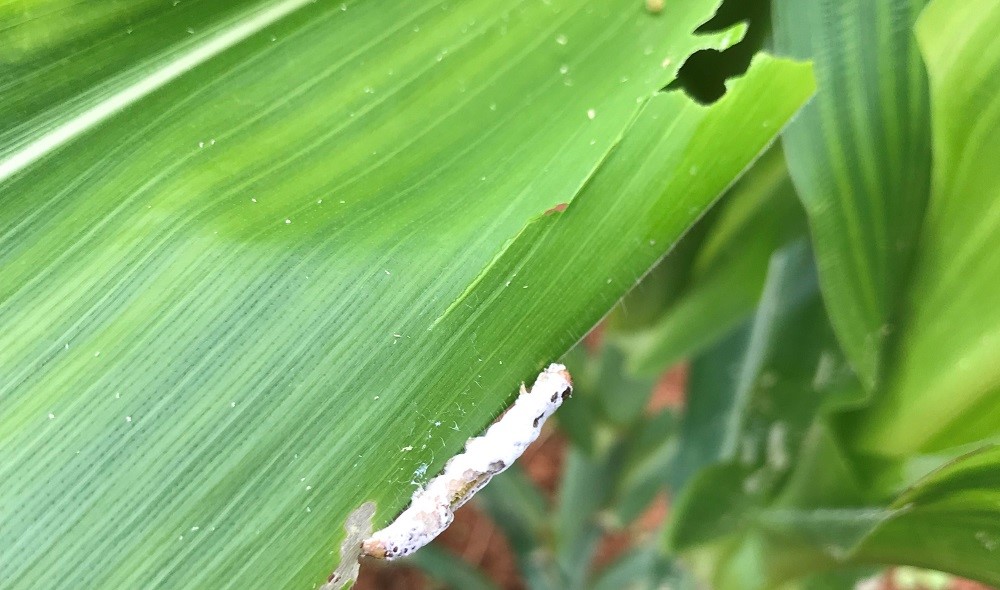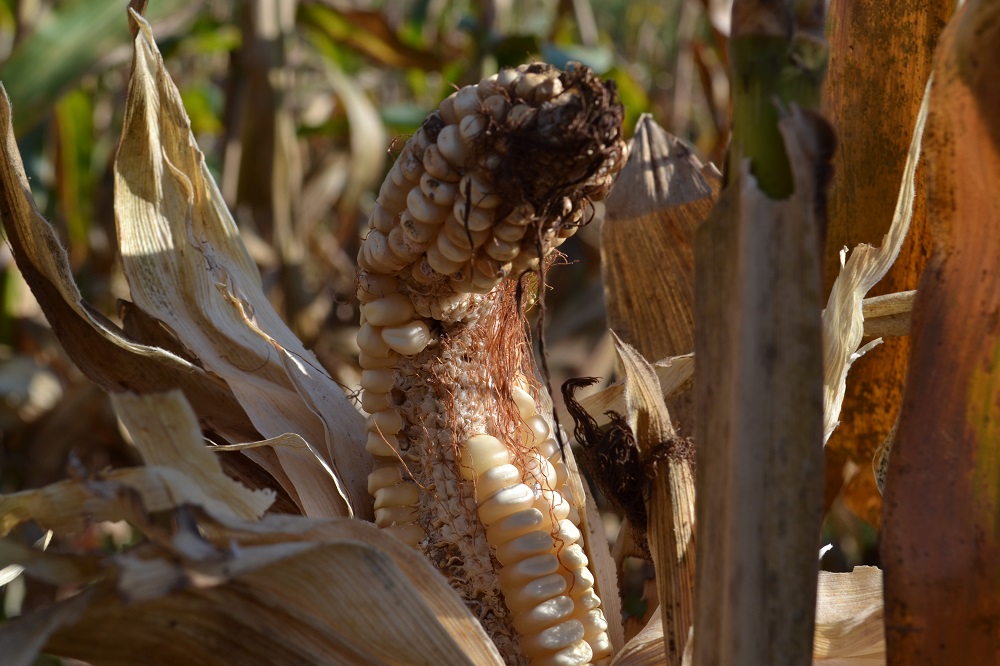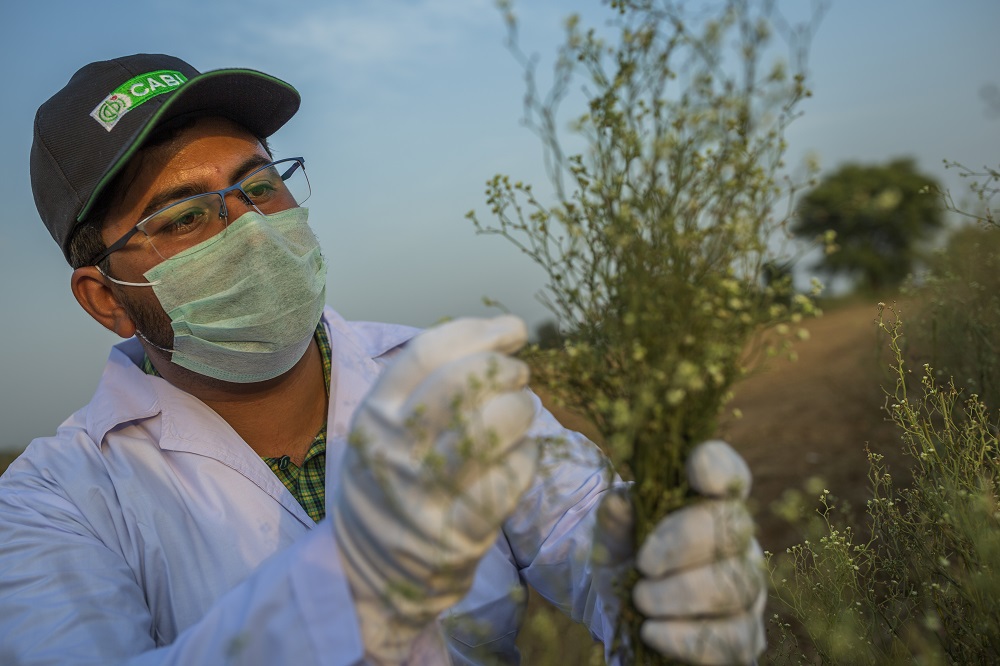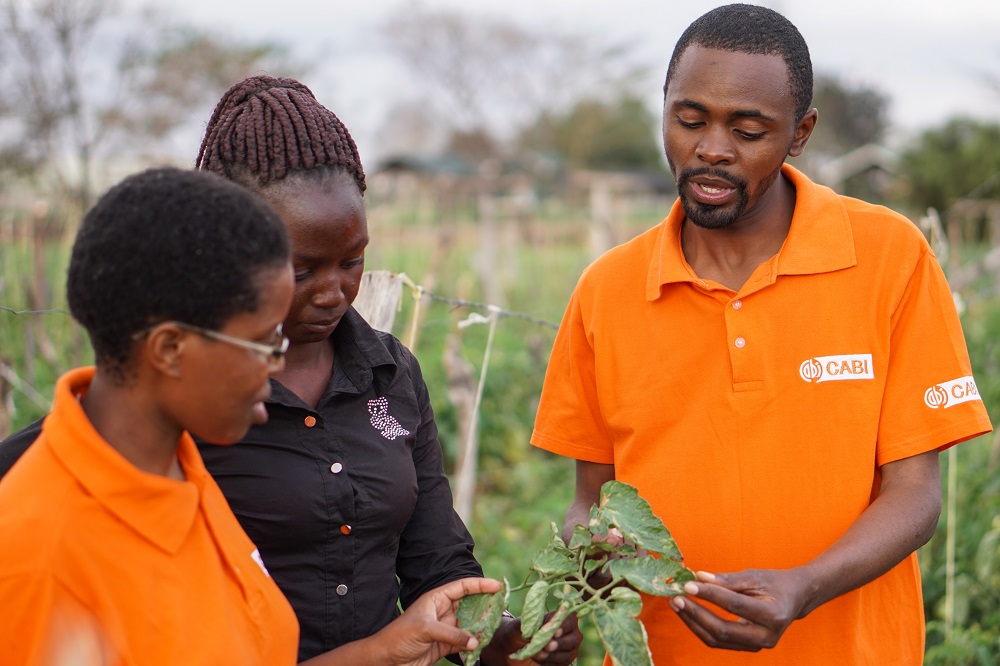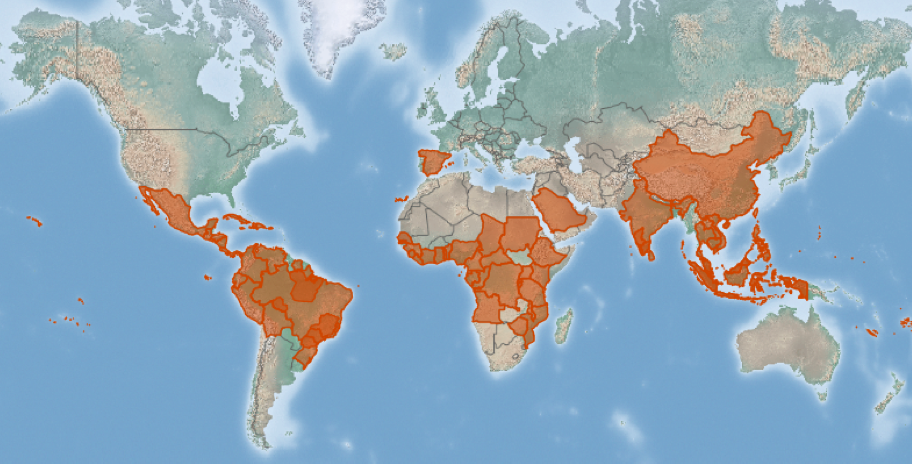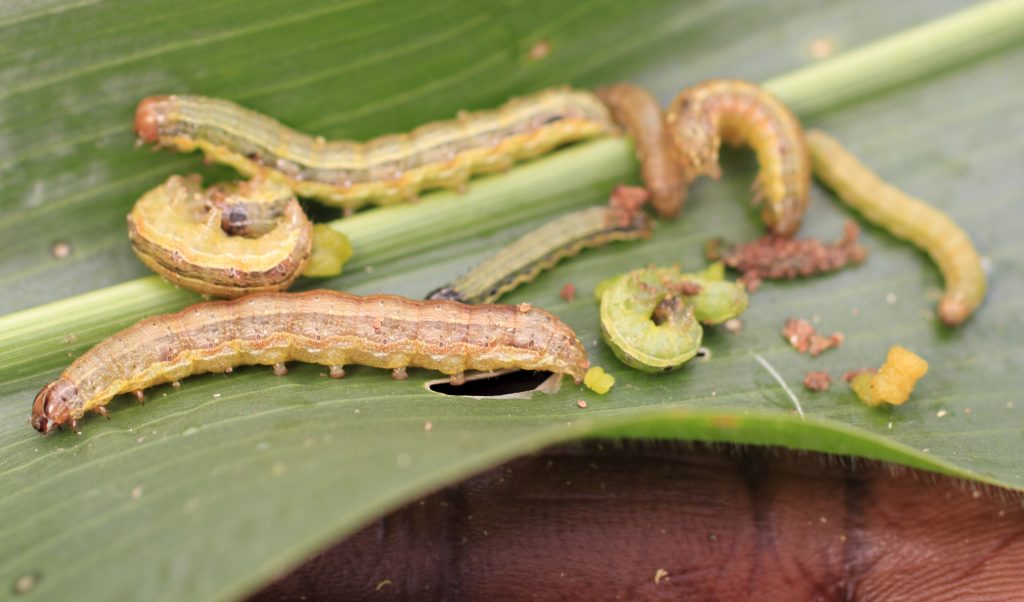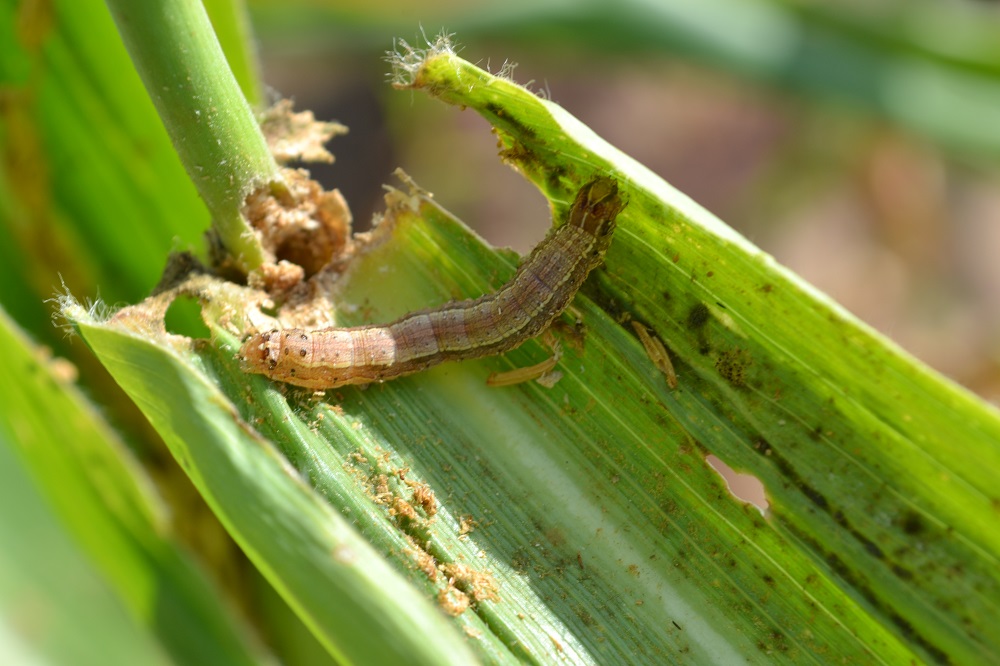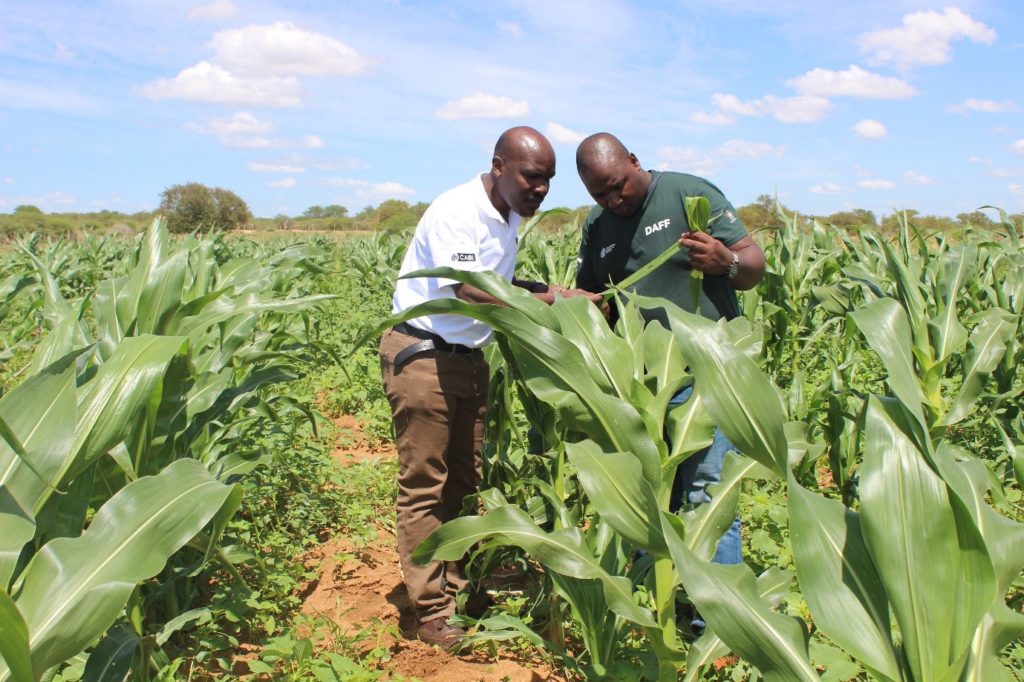Invasives Blog
You are here: Invasives Blog
Scaling up biocontrol of fall armyworm: CABI scientists share expertise in ASEAN technical workshop
March 24, 2021
Wayne Coles
No Comments
CABI hosts and shares expertise in IWGO workshop on the biocontrol of fall armyworm in Africa
March 23, 2021
Wayne Coles
No Comments
CABI to take part in Feed the Future’s webinar on Biocontrol of Parthenium
March 18, 2021
Wayne Coles
No Comments
Regional conference highlights joint efforts to combat fall armyworm in SAARC member countries
March 4, 2021
Malvika Chaudhary
No Comments
Benefits of biocontrol products in the fight against Tuta absoluta
March 2, 2021
Harrison Rware, Ivan Rwomushana, Monica Kansiime
No Comments
Recent updates to Compendia and the Pest Risk Analysis Tool
February 16, 2021
Lucinda Charles
3 comments
Research on biological control of fall armyworm
February 11, 2021
Donna Hutchinson
No Comments
Expertise shared on new research which maps growth and spread of fall armyworm in Australia
February 9, 2021
Wayne Coles
No Comments
Cuscuta reflexa identified as problematic dodder devastating farmers in Western Kenya
February 9, 2021
Winnie Nunda
8 comments
Research collaboration in the fight against fall armyworm
February 2, 2021
James Cullum
No Comments
Subscribe
Find out more
For more information about CABI's work on invasive species, please visit www.invasive-species.org
Contribute
If you are active in the field of invasive species or development and would like to contribute to the Invasives Blog, please contact Donna Hutchinson. We are happy to post credible articles that we think would be of interest to our readership.
Views expressed in contributions do not necessarily reflect official CABI positions.
Archives
Categories
- Agriculture and International Development
- Veterinary and Animal Sciences
- Climate change and biodiversity
- Environmental Sciences
- Invasive species
- Plant Sciences
- Crop health
- Development communication and extension
- Digital development
- Economic development
- Food and nutrition security
- Gender and youth
- Publishing
- Value chains and trade

